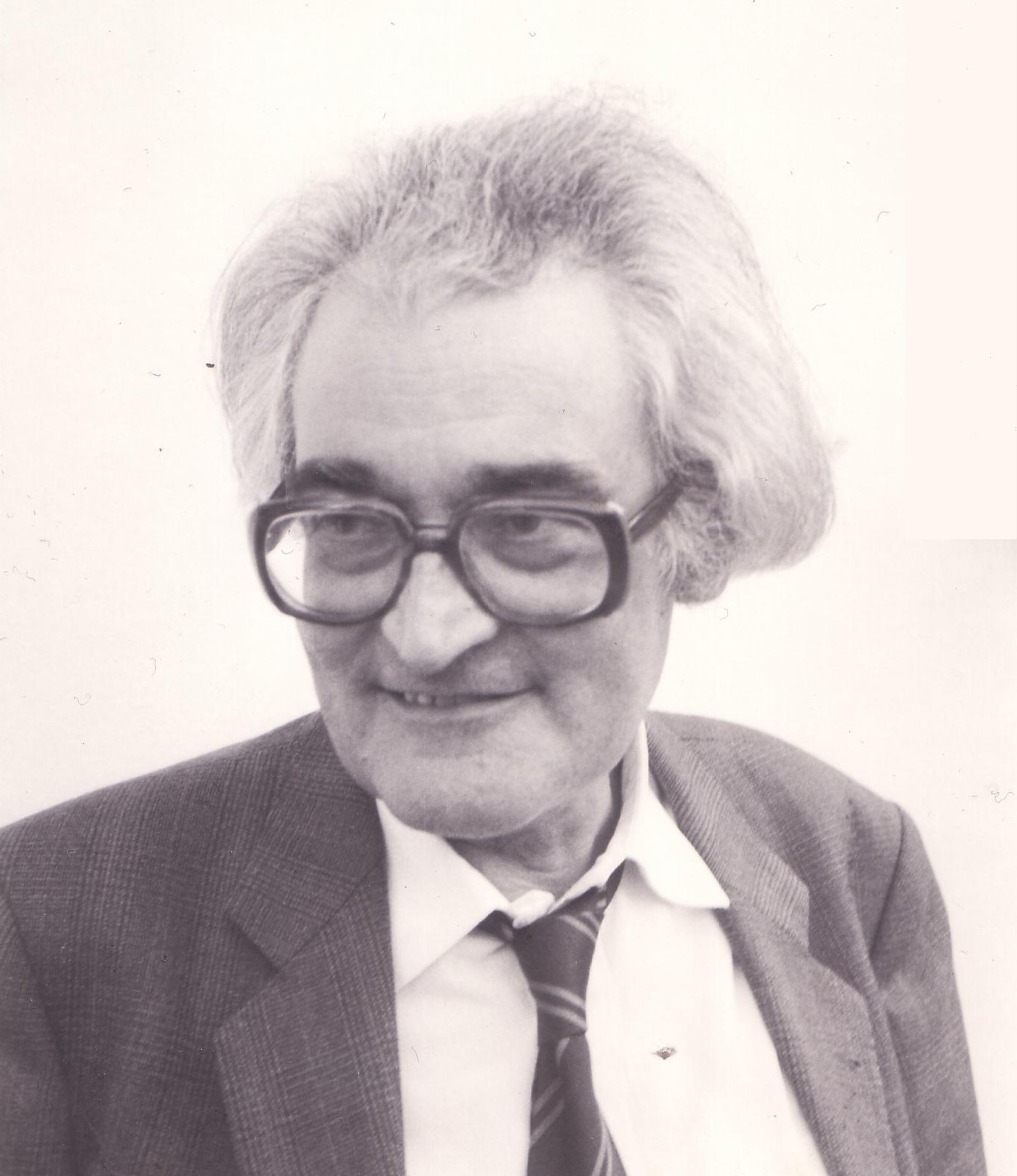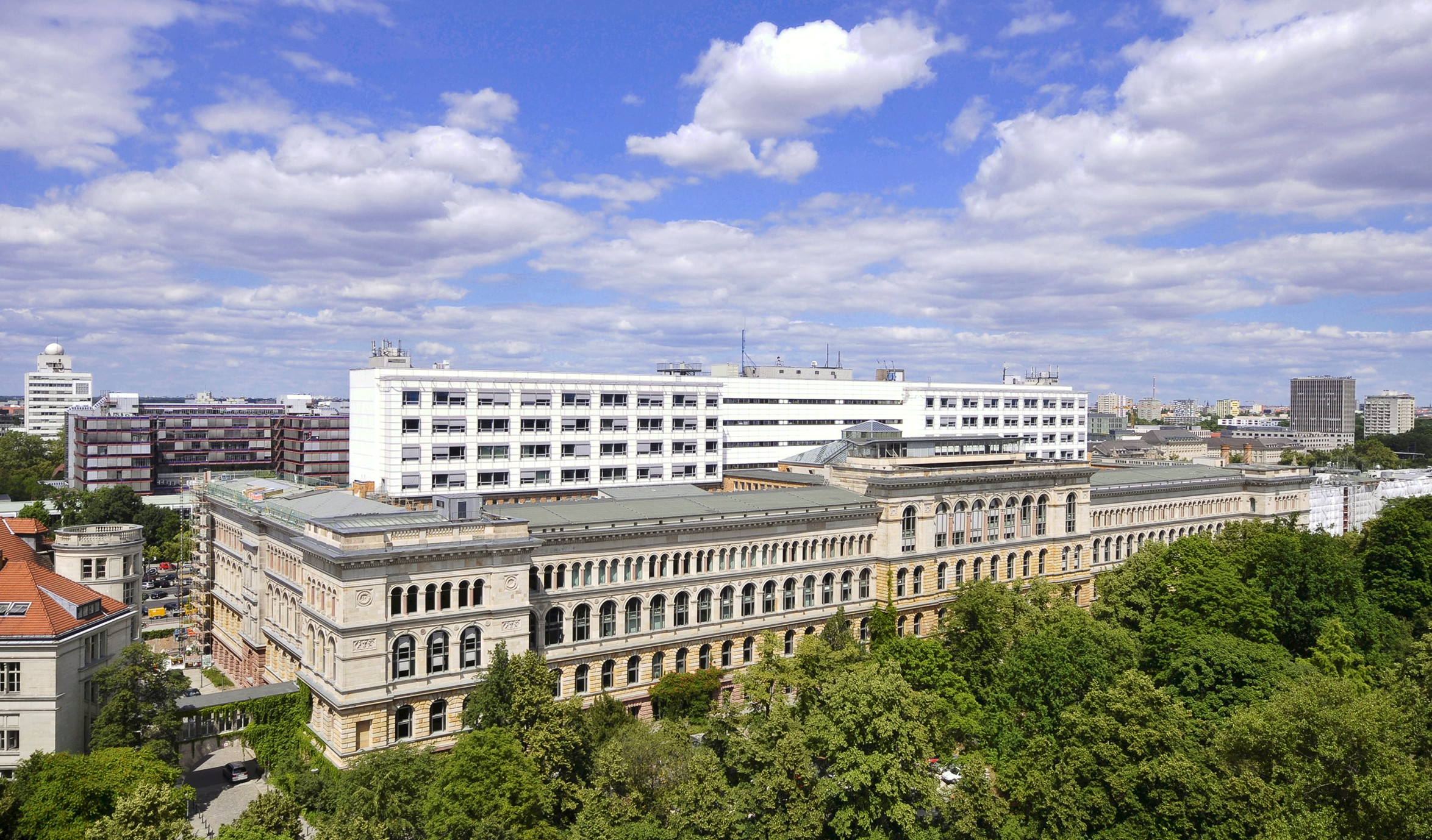|
Rudolf Elvers
Rudolf Elvers (18 May 1924 – 23 October 2011) was a German musicologist and librarian. He was particularly concerned with the work of Felix Mendelssohn. Career Born in Plau am See, Elvers was born the son of a merchant. He went to school first in Plau and then to secondary school at Waren by Müritz. During his Wehrmachts years in the Second World War he was captured by soviet soldiers. After his return he studied with Walter Gerstenberg at the University of Rostock from 1946 to 1948. He then pursued doctoral studies at the Free University of Berlin where he received his doctorate in 1953. His dissertation, ''Untersuchungen zu den Tempi in Mozarts Instrumentalmusik, was on tempi in the instrumental music of Mozart. After completing his education, Elvers worked as music dealer for the in Berlin. In 1965 he left the post to become director of the Felix Mendelssohn archives at the Berlin State Library's Staatsbibliothek Preussischer Kulturbesitz. He was promoted to director of ... [...More Info...] [...Related Items...] OR: [Wikipedia] [Google] [Baidu] |
Musicologist
Musicology is the academic, research-based study of music, as opposed to musical composition or performance. Musicology research combines and intersects with many fields, including psychology, sociology, acoustics, neurology, natural sciences, formal sciences and Computational musicology, computer science. Musicology is traditionally divided into three branches: music history, systematic musicology, and ethnomusicology. Historical musicologists study the history of musical traditions, the origins of works, and the biographies of composers. Ethnomusicologists draw from anthropology (particularly field research) to understand how and why people make music. Systematic musicology includes music theory, aesthetics, Music education, pedagogy, musical acoustics, the science and technology of Organology, musical instruments, and the musical implications of physiology, psychology, sociology, philosophy and computing. Cognitive musicology is the set of phenomena surrounding the cognitive m ... [...More Info...] [...Related Items...] OR: [Wikipedia] [Google] [Baidu] |
Johann Sebastian Bach
Johann Sebastian Bach (German: Help:IPA/Standard German, [ˈjoːhan zeˈbasti̯an baχ]) ( – 28 July 1750) was a German composer and musician of the late Baroque music, Baroque period. He is known for his prolific output across a variety of instruments and forms, including the orchestral ''Brandenburg Concertos''; solo instrumental works such as the Cello Suites (Bach), cello suites and Sonatas and Partitas for Solo Violin (Bach), sonatas and partitas for solo violin; keyboard works such as the ''Goldberg Variations'' and ''The Well-Tempered Clavier''; organ works such as the ' and the Toccata and Fugue in D minor, BWV 565, Toccata and Fugue in D minor; and choral works such as the ''St Matthew Passion'' and the Mass in B minor. Since the 19th-century Reception of Johann Sebastian Bach's music, Bach Revival, he has been widely regarded as one of the greatest composers in the history of Western music. The Bach family had already produced several composers when Joh ... [...More Info...] [...Related Items...] OR: [Wikipedia] [Google] [Baidu] |
1924 Births
Events January * January 12 – Gopinath Saha shoots Ernest Day, whom he has mistaken for Sir Charles Tegart, the police commissioner of Calcutta, and is arrested soon after. * January 20–January 30, 30 – Kuomintang in China holds its 1st National Congress of the Kuomintang, first National Congress, initiating a policy of alliance with the Soviet Union and the Chinese Communist Party. * January 21 – Alexander Cambridge, 1st Earl of Athlone, The Earl of Athlone is appointed Governor-General of the Union of South Africa, and High Commissioner for Southern Africa.Archontology.org: A Guide for Study of Historical Offices: South Africa: Governors-General: 1910-1961 (Accessed on 14 April 2017) * January 22 – R ... [...More Info...] [...Related Items...] OR: [Wikipedia] [Google] [Baidu] |
Carl Dahlhaus
Carl Dahlhaus (10 June 1928 – 13 March 1989) was a German musicologist who was among the leading postwar musicologists of the mid to late 20th-century. #Selected bibliography, A prolific scholar, he had broad interests though his research focused on 19th- and 20th-century classical music, 20th-century classical music, both areas in which he made significant advancements. However, he remains best known in the English-speaking world for his writings on Richard Wagner, Wagner. Dahlhaus wrote on many other composers, including Josquin des Prez, Josquin, Carlo Gesualdo, Gesualdo, Johann Sebastian Bach, Bach and Arnold Schoenberg, Schoenberg. He spent the bulk of his career as head of Technische Universität Berlin's musicology department, which he raised to an international standard. Dahlhaus pioneered the development of numerous musicological fields, particularly the aesthetics of music, which he raised to a central status. Active as a historian, analyst, editor and organizer, he ... [...More Info...] [...Related Items...] OR: [Wikipedia] [Google] [Baidu] |
Georg Von Dadelsen
Georg von Dadelsen (17 November 1918 – 25 May 2007) was a German musicologist, who taught at the University of Hamburg and the University of Tübingen. He focused on Johann Sebastian Bach, his family and his environment, and the chronology of his works. As director of the Johann Sebastian Bach Institute in Göttingen, he influenced the ''Neue Bach-Ausgabe'' (NBA), the second complete edition of Bach's works. Life Von Dadelsen was born in Dresden. He obtained his ''Abitur'' at the humanistic Gymnasium in Berlin-Zehlendorf. After military service and captivity, he studied musicology at the University of Kiel with Blume from 1946, at the Humboldt University Berlin with Vetter from 1947, and at the Free University of Berlin from 1948 with Walter Gerstenberg. Von Dadelsen also took courses in philosophy, and German language and literature. In 1951 he received his doctorate at the Free University of Berlin with the dissertation ''Alter Stil und alte Techniken in der Musik des 19. ... [...More Info...] [...Related Items...] OR: [Wikipedia] [Google] [Baidu] |
Private Collection
A private collection is a privately owned collection of works (usually artworks) or valuable items. In a museum or art gallery context, the term signifies that a certain work is not owned by that institution, but is on loan from an individual or organization, either for temporary exhibition or for the long term. This source is usually an art collector, although it could also be a school, church, bank, or some other company or organization. By contrast, collectors of books, even if they collect for aesthetic reasons (fine bookbindings or illuminated manuscripts for example), are called bibliophiles, and their collections are typically referred to as libraries. History Art collecting was common among the wealthy in the Ancient World in both Europe and East Asia, and in the Middle Ages, but developed in its modern form during the Renaissance and continues to the present day. The royal collections of most countries were originally the grandest of private collections but are n ... [...More Info...] [...Related Items...] OR: [Wikipedia] [Google] [Baidu] |
Berlin University Of The Arts
The Universität der Künste Berlin (UdK; also known in English as the Berlin University of the Arts), situated in Berlin, Germany, is the second largest art school in Europe. It is a public art and design school, and one of the four research universities in the city. The university is known for being one of the biggest and most diversified universities of the arts worldwide. It has four colleges specialising in fine arts, architecture, media and design, music and the performing arts with around 3,500 students. Thus the UdK is one of only three universities in Germany to unite the faculties of art and music in one institution. The teaching offered at the four colleges encompasses the full spectrum of the arts and related academic studies in more than 40 courses. Having the right to confer doctorates and post-doctoral qualifications, Berlin University of the Arts is also one of Germany's few art colleges with full university status. Outstanding professors and students at all its c ... [...More Info...] [...Related Items...] OR: [Wikipedia] [Google] [Baidu] |
Technische Universität Berlin
(TU Berlin; also known as Berlin Institute of Technology and Technical University of Berlin, although officially the name should not be translated) is a public university, public research university located in Berlin, Germany. It was the first German university to adopt the name "Technische Universität" (university of technology). The university alumni and staff includes several United States National Academies, US National Academies members, two National Medal of Science laureates, the creator of the first fully functional programmable (electromechanical) computer, Konrad Zuse, and ten Nobel Prize laureates. TU Berlin is a member of TU9, an incorporated society of the largest and most notable German institutes of technology and of the Top International Managers in Engineering network, which allows for student exchanges between leading engineering schools. It belongs to the Conference of European Schools for Advanced Engineering Education and Research. The TU Berlin is home of ... [...More Info...] [...Related Items...] OR: [Wikipedia] [Google] [Baidu] |
Oxford University Press
Oxford University Press (OUP) is the publishing house of the University of Oxford. It is the largest university press in the world. Its first book was printed in Oxford in 1478, with the Press officially granted the legal right to print books by decree in 1586. It is the second-oldest university press after Cambridge University Press, which was founded in 1534. It is a department of the University of Oxford. It is governed by a group of 15 academics, the Delegates of the Press, appointed by the Vice Chancellor, vice-chancellor of the University of Oxford. The Delegates of the Press are led by the Secretary to the Delegates, who serves as OUP's chief executive and as its major representative on other university bodies. Oxford University Press has had a similar governance structure since the 17th century. The press is located on Walton Street, Oxford, Walton Street, Oxford, opposite Somerville College, Oxford, Somerville College, in the inner suburb of Jericho, Oxford, Jericho. ... [...More Info...] [...Related Items...] OR: [Wikipedia] [Google] [Baidu] |






